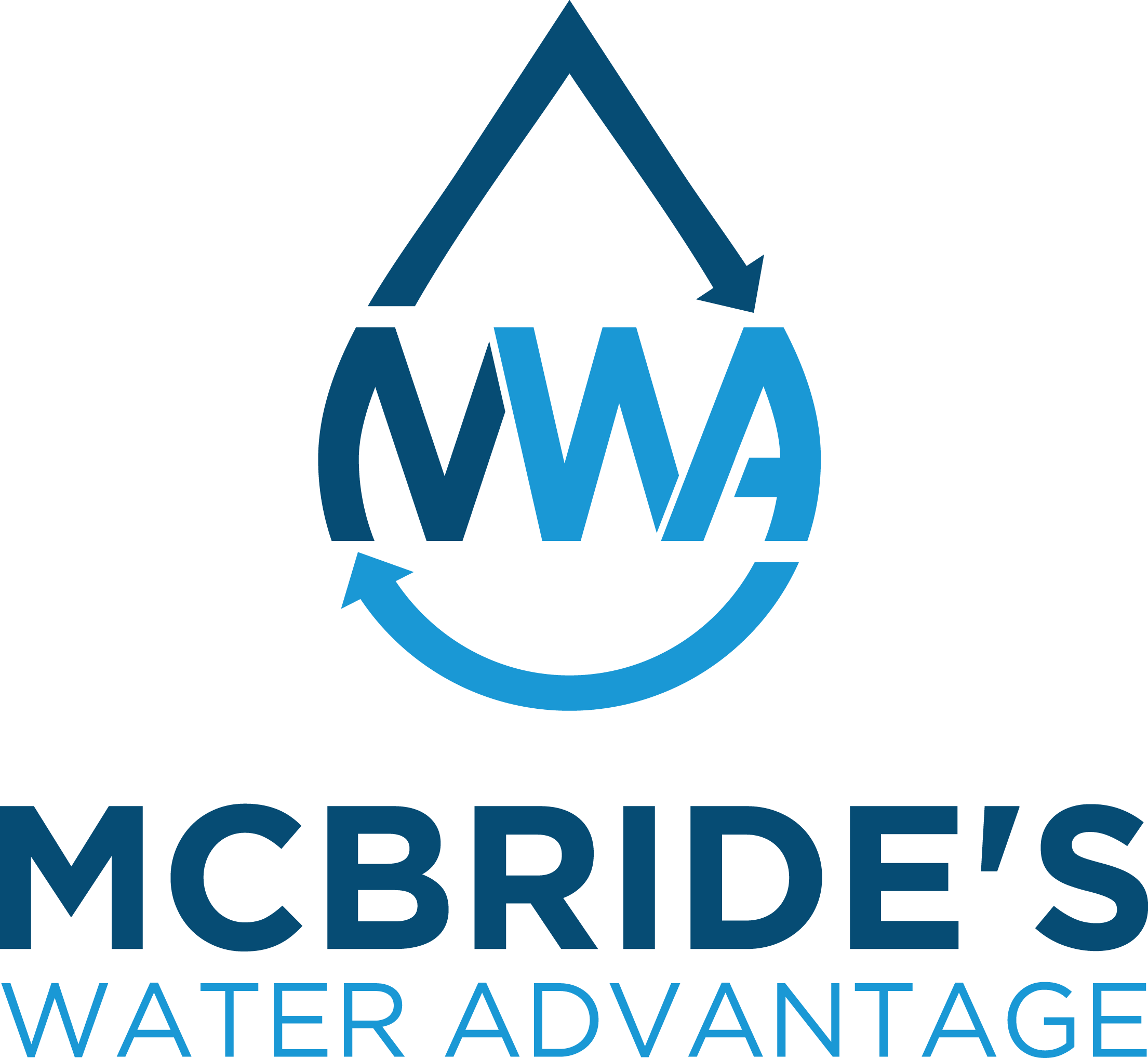 The effects of poor water quality can reach much farther than you might first expect. Sure, many contaminants are harmful on their own, but some quality issues can kick off a domino effect of other problems that can be damaging to your health and your home. One example of this is having corrosive tap water, which is the number one cause of copper contamination in New Hampshire water supplies. Today we’re going to talk about how copper sneaks into tap water, the signs that your water might be contaminated with copper and how to prevent copper contamination in your home’s water!
The effects of poor water quality can reach much farther than you might first expect. Sure, many contaminants are harmful on their own, but some quality issues can kick off a domino effect of other problems that can be damaging to your health and your home. One example of this is having corrosive tap water, which is the number one cause of copper contamination in New Hampshire water supplies. Today we’re going to talk about how copper sneaks into tap water, the signs that your water might be contaminated with copper and how to prevent copper contamination in your home’s water!
How does copper get into tap water?
Copper can be found naturally in small doses in bodies of water like lakes and rivers that are sometimes used as tap water supplies. However, source water supplies are not typically where copper contamination originates in New Hampshire’s tap water. Instead, copper contamination is most often the result of the corrosion of copper pipes, fixtures and plumbing materials in homes.
If your home has copper pipes (or any plumbing materials that are made of copper) and your tap water is corrosive, the corrosion of your home’s plumbing materials can cause copper to leach into your water. The most common cause of corrosive tap water is low pH levels (acidic water). If your water is acidic, it can eat away at your home’s plumbing materials and cause copper to flake off of them and dissolve into your water.
What are the signs of copper in tap water?
Dissolved copper is colorless, odorless and tasteless. As a result, the best way to know whether or not your water is contaminated with copper is to schedule a comprehensive water test with McBride’s. We’ll take samples of your water and have them analyzed at a New Hampshire-certified laboratory to test for copper and a wide range of other contaminants.
Even though copper itself is largely undetectable, corrosive tap water is not. One tell-tale sign of acidic and/or corrosive water is when you find blue-green stains on your home’s plumbing fixtures. In addition, if your home has frequent plumbing problems such as pinhole leaks, corrosive water could be to blame.
What effects does copper in tap water have on your health and your home?
- Health effects of copper: Short-term exposure to high levels of copper in tap water can cause gastrointestinal problems like nausea, vomiting and stomach cramps. Long-term exposure to copper in water has been linked to much more serious health issues, like damage to the liver, brain and kidneys.
- Home effects of copper: The presence of copper in tap water typically indicates that your water is corrosive. So although copper itself doesn’t do much to damage your home, its presence can mean that your home is at an elevated risk for plumbing issues and premature failing of water heaters, boilers and other water-using appliances.
How can you protect your tap water from copper contamination?
The best way to protect your tap water from copper contamination is to install an acid neutralizer in your home. An acid neutralizer turns acidic tap water into water with neutral pH levels, which removes the corrosive properties that can damage your home’s plumbing system. This will keep your copper pipes and fixtures intact so that copper doesn’t leach into your water supply.
If you have any questions about copper in tap water, or if you’d like a water system serviced or installed in your home, contact McBride’s Water Advantage, your water softener and water filtration system dealer in Epsom, NH. We provide service all over New Hampshire, including towns like Epping, Strafford and Weare, NH.
photo credit: jemaleddin via photopin (license)
